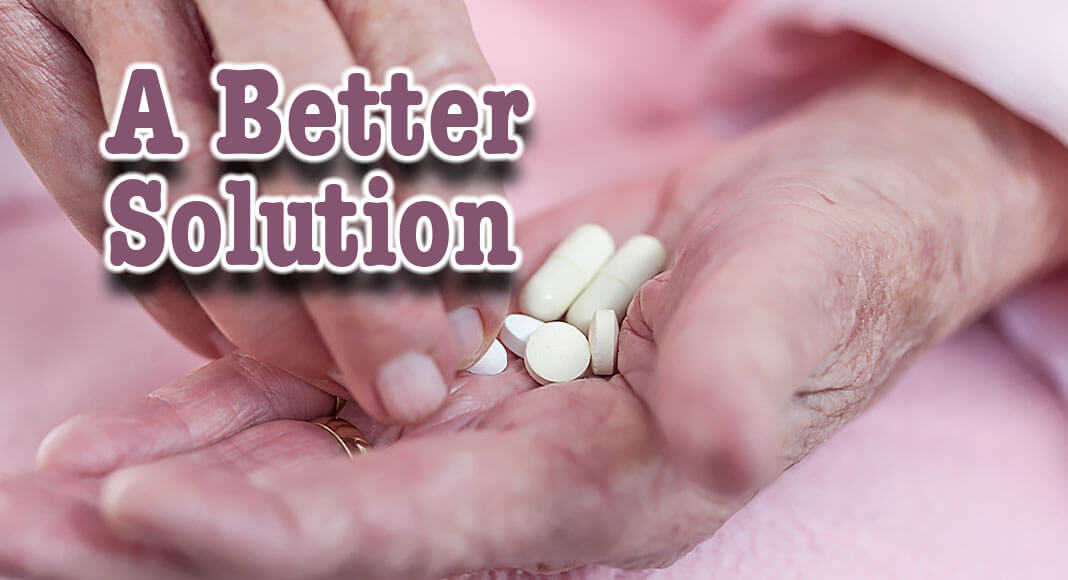
Mega Doctor News
By University of Waterloo
Newswise — Older adults are open to using smart packaging to improve their medication-taking experience, a new study finds.
Smart packages are used to electronically monitor when patients take their medication. When the prescription is not followed as advised by their physician the smart system can notify patients and their caregivers.
Approximately half of the patients with chronic diseases in developed nations do not take their medication properly. With an aging population where taking multiple medications is common, incorrect medication-taking – called medication non-adherence – is a problem impacting the health of patients and costs the healthcare system billions of dollars.
There has been a surge of telehealth technology to address this issue in the last two decades, from complex at-home medication dispensing devices to reminder apps.
“Many of these products are advertised as user-friendly and efficient, but not all are tested with seniors in mind. So how would we know if older adults are able to use them for their day-to-day medication intake and are there any factors that can impact their in-home utilization?” said Sadaf Faisal, a PhD candidate at the University of Waterloo School of Pharmacy and lead author of the study.
The researchers visited and studied 10 participants in their homes with a mean age of 76. On average, each took 11 medications for at least five chronic diseases. The participants were provided with a smart blister pack that synchronized with a web portal and recorded each time a participant opened a blister to take medications.
The researchers then interviewed the participants to assess their experience with the smart blister package. They were also asked to rank the usability of the technology against standardized scales used in product assessment.
“Across participants, we found fairly consistent pros and cons to the technology,” said Tejal Patel, a pharmacy professor and co-author of the study. “The ability to learn the product easily was important for the participants to use it consistently. Feedback from their social circle – such as supportive children, partners or health-care providers – also helped reinforce using the technology.”
In general, participants who were more comfortable with technology were more open to using and liking the smart blister pack. However, device size and lack of portability were a significant downside, and if the product behaved inconsistently – sending reminders one day but not another, for example – participants became frustrated. Participants also said cost was a barrier to use and that they would be less likely to consider smart technology if it was not covered by a drug plan or funded by the government.
“For technology to be effective, it has to be accepted by the end-users,” Faisal said. “Smart, technology-based adherence products have the potential to support patients, but health-care providers should assess older adults’ medication intake behaviors and barriers and facilitators to using a product before recommending them.”









